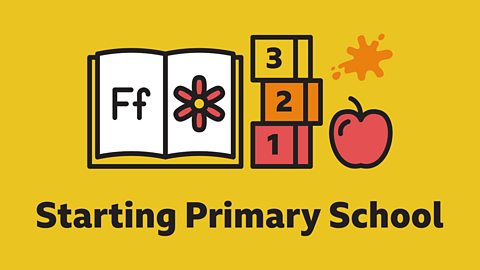This article was last updated in April 2020
by Dr Hazel Harrison, Clinical Psychologist
Have you ever felt like you’re no good at maths? Or you just can’t learn another language? Sometimes you may believe your intelligence is a fixed quantity that you either have or don’t have and you can’t really change it - psychologist Carol Dweck (and her fellow researchers) call this a fixed mindset.
Alternatively, you may have times when you believe that your brain can get smarter with increased effort and opportunities for learning, for example, “if I give myself time to regularly practise learning a new language, I believe I can improve” - a growth mindset. This is something we’d like to encourage children to have to help them learn and persevere.
Whether your child is just starting school or you are undertaking a new project, understanding how we learn best can help us to achieve, whatever age we are. If you want your child to develop a lifelong love of learning then then these five tips could help them (and you!) move towards a growth mindset way of thinking, try new things and persevere when they hit a barrier.
1. Encourage curiosity
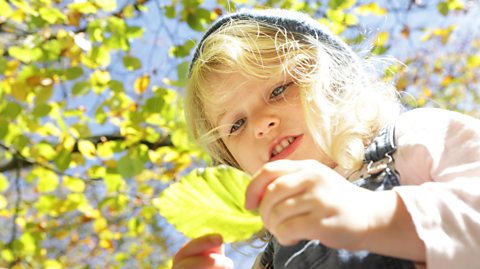
There is a joyful curiosity that young children can have which means they are constantly asking questions about the world around them. Constantly asking what and why about everything they encountered in the world. Sometimes this changes when they start school and they may start to believe there’s only one right way to do something, especially if they compare themselves to their peers. If they’re not sure they know this way or don’t think they can do it, this could stop them from even trying. Encourage your child’s curiosity and willingness to give things a try by asking them questions to spark their own learning:
- What do you think will work?
- Why do you think that’s the answer?
- Shall we try it and see what happens?
It can often mean giving them a little more time and space to try a few ideas and discover things for themselves, rather than adults doing things for them or constantly telling them how to do something. This also really helps with problem solving skills, allowing children to work things out for themselves.
2. Focus on improving, rather than proving
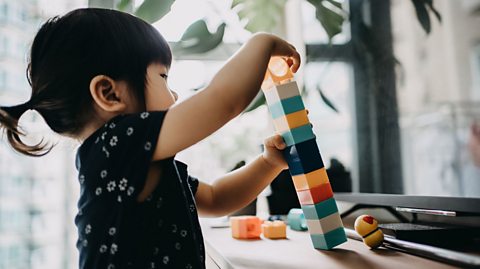 Image source, Getty Images
Image source, Getty ImagesShifting towards a growth mindset allows us to be open to change, and develop the belief that we can improve.
When you have a fixed mindset, you tend to be concerned about proving what skills you already have and what you’re able to do, rather than focusing on improving. This fixed mindset can result in you experiencing quite negative consequences when you face set-backs, such as feeling humiliated by not being able to do something, or telling yourself you’re no good at it. You might hear your child using this sort of language too.
When you let go of trying to prove what you know and instead focus on what you can learn, it opens up new opportunities for building your skills and knowledge. Learning is a constantly evolving journey to new places, whereas proving what you already know is like going to the same place again and again.
3. Use growth mindset language
 Image source, Getty Images
Image source, Getty ImagesThe way you speak to your child can have an impact on which mindset you help to fuel. Whilst you may feel you’re being supportive saying things to your child like “you’re so smart” or “you’re a genius at this”, the research would suggest this actually feeds a fixed mindset, and doesn’t encourage children to reach further than what they can already achieve.
When you praise effort by saying things like “you’re working really hard at this” or “you’re really sticking at this, even though it’s tough” you’re helping them to persevere and keep learning. It could be useful to remind everyone in the family that learning is a journey by using some of these phrases to help nurture a growth mindset way of thinking. You could also try speaking to yourself using the same sort of language, here’s a list of handy phrases you could print out and stick up somewhere to help you use growth mindset language to encourage your child.
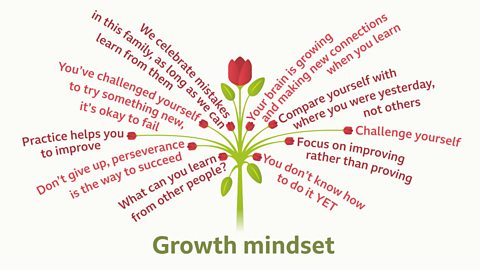
4. Understand how the brain works
 Image source, Getty Images
Image source, Getty ImagesImagine you want to learn to juggle. You pick up three balls, toss them in the air, drop them and conclude you’re not any good at juggling. Have you really given your brain a chance to learn this skill? Not yet.
You may notice that when your child tries something new, they quickly decide they are no good at it and moves on to something else because learning something new is effortful. But giving up easily means they miss the wonderful trick that our brains have to keep changing, this is called neuroplasticity. This is our brain’s ability to adapt to our experiences - changing how it functions so we can get better at something. The more times we practise something, the stronger the connections in the brain become. And scientists have found that it’s not just children who can harness the power of neuroplasticity - grown ups can too. But remember that learning something new often comes hand in hand with struggling a little while we try to make these new connections.
5. Celebrate mistakes as opportunities to learn
 Image source, Getty Images
Image source, Getty ImagesWhen you push yourself to learn new things, it’s likely that sometimes (or perhaps often) you’ll fail. The attitude you bring to your learning, matters with failure too. Parents who see failure as an opportunity to learn, and even share some of their failures with their children, help to raise children who are not afraid to try new things. But even though you may endorse a growth mindset, if you react to your children’s failures as though they are problematic or harmful then you may unintentionally push them towards a fixed mindset.
When you shift towards a growth mindset and focus on improving your abilities you can also view failure as a very normal part of the learning process. Mistakes are important, they reveal gaps in our knowledge, and once we know what these gaps are, we can focus on the next learning steps. If we’re made to feel ashamed of these mistakes then we’re much less likely to share them, and therefore also less likely to learn from them. And remember, it’s all about the learning, and not about always being right.
Getting started
We often have a mix of both growth and fixed mindsets, depending on what we’re doing, who we’re with and how we’re feeling. And that’s okay.
To help your child move towards a growth mindset:
- Talk about mistakes you’ve made and how they helped you to learn.
- Teach them about neuroplasicity and how the brain needs time and practice to improve.
- Shift your focus from proving to improving and be curious with your own learning, you child will learn lots from watching how you approach new tasks.
Helping your child to develop a growth mindset way of thinking is not a quick fix, but a long and often challenging journey. Be gentle with yourself and your child when you fall into a fixed mindset hole; hopefully some of these ideas can help to shift everyone back to a place where they can keep learning.
For further information check out the rest of which has lots of ways to help prepare children for different aspects of school life – both practically and emotionally.
How to build resilience in your child
Clinical Psychologist Dr Hazel Harrison explains how you can teach your child to be resilient.
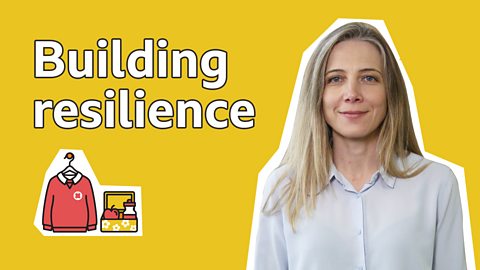
Bud's Number Garden
Join Bud the bee, explore his magical garden and practise recognising numbers, counting, sequencing and much more!
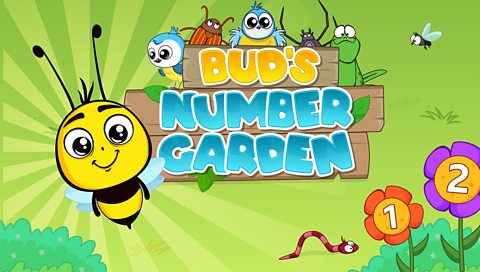
More Starting Primary School videos and articles
Head to our homepage to help you and your child prepare for starting primary school and thrive in school life.
